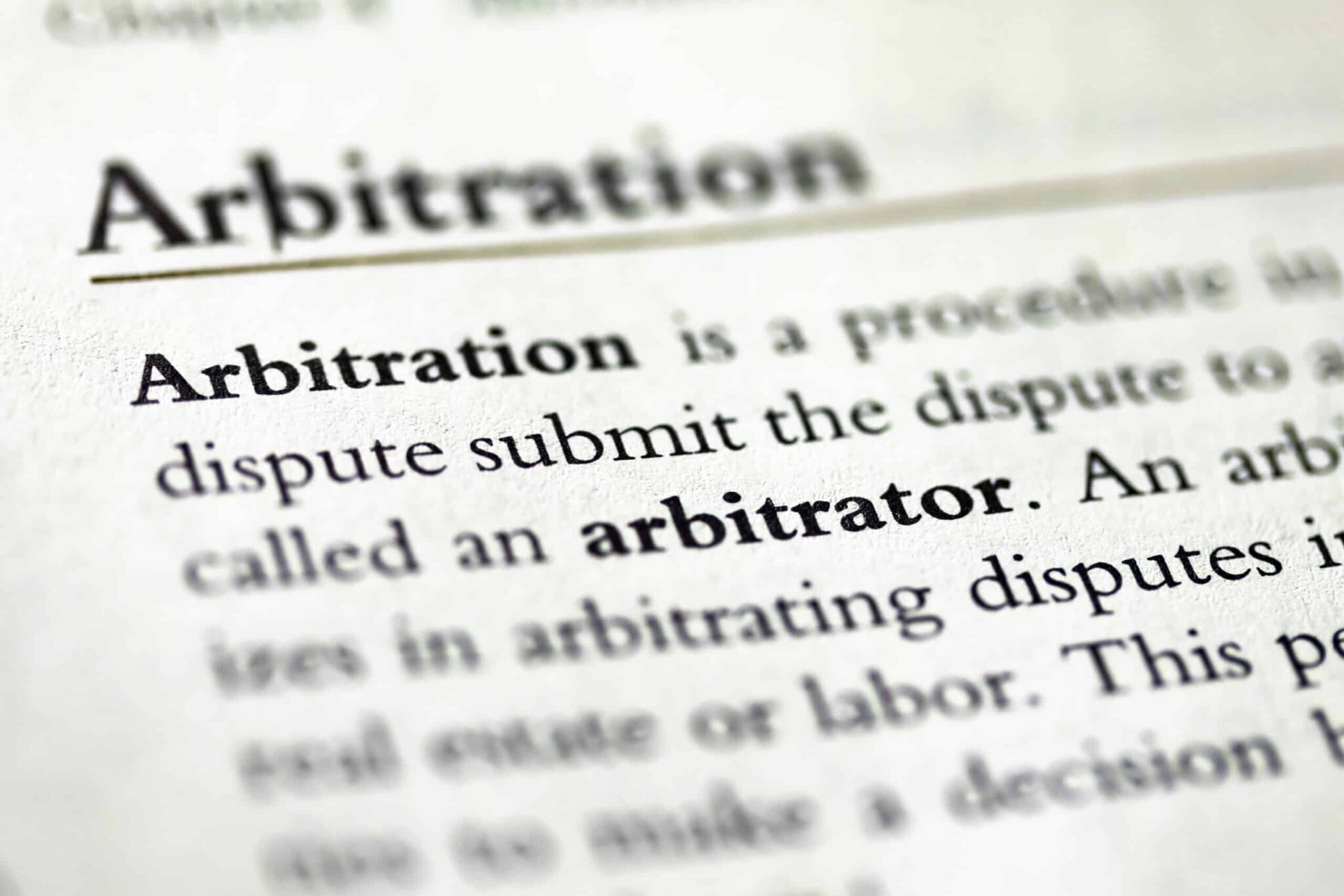How to Enforce Arbitration Awards in Florida Personal Injury Cases
Arbitration is a popular alternative dispute resolution method in Florida personal injury cases, offering a quicker and less formal process compared to traditional court litigation. Once an arbitration award is issued, it’s crucial for both parties to understand how to enforce it. This blog post provides an in-depth overview of the steps and considerations involved in enforcing arbitration awards in Florida’s personal injury cases.
Understanding Arbitration Awards
Arbitration awards are legally binding decisions made by an arbitrator or a panel of arbitrators who review evidence and arguments presented by both parties.
These awards typically address liability, damages, and any other relevant issues in the case. Once an arbitration award is issued, it carries the same weight as a court judgment, and it’s essential for the prevailing party to know how to enforce it.
Enforcing Arbitration Awards in Florida
Confirm the Arbitration Award. Before enforcing an arbitration award, you need to have the award confirmed by a court. This step converts the award into a formal judgment that can be enforced through legal means.
Filing a Petition to Confirm. To initiate the process, the party seeking to enforce the award files a petition to confirm the arbitration award in a Florida state court. This petition includes details about the arbitration proceedings, the award, and the parties involved.
Notice to Other Party. Once the petition is filed, the other party must be served with a notice of the petition to confirm the arbitration award. This provides them an opportunity to respond or object to the confirmation.
Objection or Challenge. If the other party objects to the confirmation of the arbitration award, they must provide valid legal reasons for their objection. Common objections may include claims of bias, fraud, or misconduct on the part of the arbitrator.
Hearing. If the opposing party raises valid objections, the court may hold a hearing to address these concerns. During the hearing, both parties can present their arguments, and the court will determine whether the award should be confirmed.
Confirmation Order. If the court is satisfied that the arbitration award is valid and should be confirmed, it issues an order confirming the award. This order acts as a formal judgment, making the arbitration award enforceable through the court system.
Enforcement Mechanisms. With the confirmation order in hand, the prevailing party can use various enforcement mechanisms to collect the awarded damages. These mechanisms include wage garnishment, bank levies, property liens, and other means permitted under Florida law.
Collecting the Award. The party enforcing the arbitration award can work with law enforcement or court officials to seize assets or enforce the judgment against the losing party’s property or funds. This process is carried out according to state laws and regulations.
Important Considerations
Time Limits. The process of enforcing arbitration awards is subject to time limits. It’s important to initiate the enforcement process promptly to avoid potential complications.
Legal Representation. Enforcing arbitration awards involves navigating legal procedures and potential challenges. Having an experienced attorney who specializes in personal injury and arbitration can help ensure a smooth enforcement process.
Judgment Collection. While the court issues a confirmation order, it’s important to note that actually collecting the awarded damages might require additional legal actions and strategies, especially if the losing party is uncooperative.
Appeals. Parties have a limited window within which they can appeal a court’s decision to confirm or reject an arbitration award. Understanding the appellate process is crucial to protect your interests.
Enforcing arbitration awards in Florida personal injury cases involves a specific legal process that must be followed diligently. By understanding the steps involved, adhering to time limits, and seeking legal guidance, you can ensure that the arbitration award you’ve obtained is effectively converted into a court-enforceable judgment. Working with an experienced attorney who is well-versed in arbitration procedures and personal injury law will greatly assist you in navigating this complex process and securing the compensation you deserve.
About the Author:
Andrew Winston is the founding partner at the personal injury Law firm, The Winston Law Firm. For over 20 years, he has successfully represented countless people in all personal injury cases, focusing on child injury, legal malpractice, and premises liability. He has been recognized for excellence in representing injured clients by admission to the Million Dollar Advocates Forum and named one of America’s Top 100 High-Stakes Litigators. Mr. Winston is AV Preeminent, Rated by the Martindale-Hubbell for the highest level of professional ethics, enjoys a 10.0 rating by AVVO as a Top Personal Injury Attorney, and has been selected as a Florida Top 100 “Super Lawyer” and Miami Top 100 “Super Lawyer” – an honor reserved for the top 5% of lawyers in the state – was voted to Florida Trend’s ”Legal Elite,” recognized by Expertise as one of the 20 Best Personal Injury Attorneys in Fort Lauderdale and 20 Best Car Accident Lawyers in Fort Lauderdale.
 Arbitration Agreements in Florida: What You Need to Know Before Signing
Arbitration Agreements in Florida: What You Need to Know Before Signing 

















